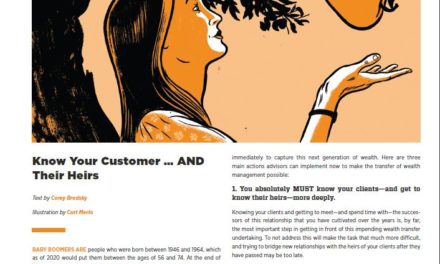
Personality Diversity in the Workplace
Personality diversity is a crucial element of identifying new hires that will best be able to perform the functions of the job, as well as how they may relate to and complement employees throughout an organization.
To view the full article please register below:
Personality Diversity in the Workplace
Most employers understand the benefits of employee diversity, including personality diversity. Smart companies attempt to profit from the different perspectives that come from different experiences and cultural backgrounds.
Perhaps less appreciated is the value personality diversity. Personality is a crucial element of identifying new hires that will best be able to perform the functions of the job, as well as how they may relate to and complement employees throughout an organization.
For instance, a job requiring attention to detail and strong planning skills shouldn’t be filled by an individual who considers him or herself a “big picture” person. Nor would you want to fill a trading role with a perfectionist.
Equally self-evident, though less often applied in practice, is how a team should be constructed of a diverse range of personalities to fit the project or departmental responsibilities, from “doers” to “visionaries.”
Testing for Personality
There are a number of personality tests to which employers may avail themselves in the new hire process (or among existing staff), including:
- The Caliper Profile, which assesses personality traits through a series of statements to which individuals assign degrees of agreement (e.g., “strongly agree”)
- Myers-Briggs Type Indicator, which is perhaps the most well-known personality assessment tool, leads to 16 personality types by measuring relative leanings among opposing traits (e.g., “Extraversion versus Introversion” and “Judging versus Perceiving”)
- The Hogan Personality Inventory, which employs a five-factor model consisting of over 200 questions that point to seven primary scales and six occupational scales
Why Test for Personality?
There are a number of compelling reasons to test prospective and current employees to gauge their personalities. As mentioned above, it’s a more scientific and rigorous way to find individuals that will best fit the role and responsibilities of the job, with the benefits of reducing costly job turnover and ensuring higher productivity.
Knowing each employee’s personality also makes for more cohesive and higher functioning teams. The last thing any employer wants to do is to populate a project team with “big picture” people when planner, pragmatic and diplomatic personality profiles may also be required for a successful outcome.
Please reference disclosures: https://blog-dev.americanportfolios.com/disclosures/












